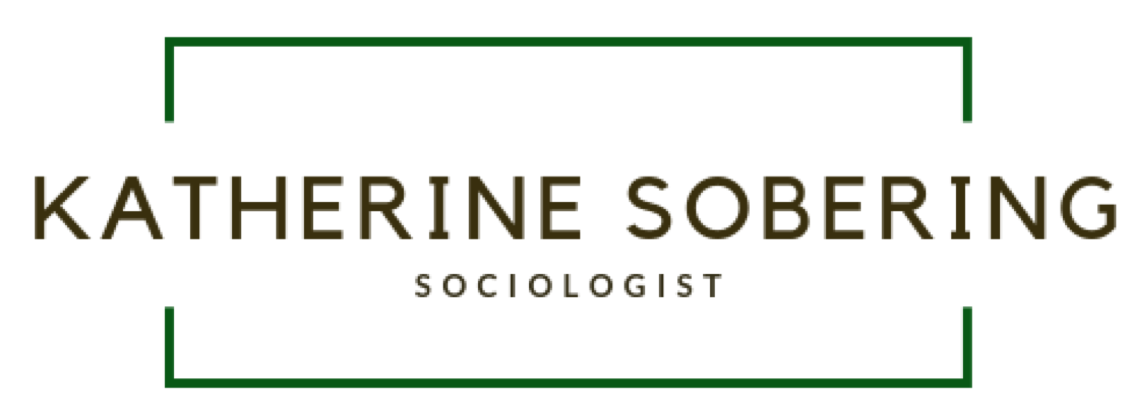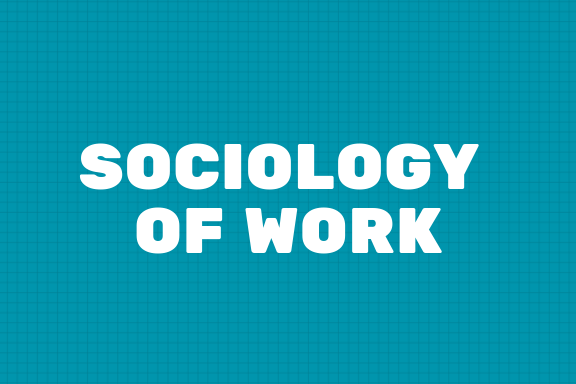How is work changing in the 21st century? Sensationalist accounts of the future of work abound in the popular media. Headlines predict a “jobless future” and the “end of work” as we know it. Indeed, social, economic and technological trends like crowdsourcing, on-demand work and automation are transforming work and workplaces around the globe. This course takes a first step at understanding how work and the workplace have evolved to the present. In the context of rapid social and technological change, students in this class will develop an understanding of not only how work was done in the past and how it is done today, but also what the future may hold as they prepare to enter the labor market.
As a primer in the sociology of work, this course will: (1) provide students with a historical and theoretical understanding of the emergence and nature of work under capitalism; (2) consider the problems associated with work; and (3) critically explore proposals for the future of work. The class is organized in three parts and guided by the learning objectives stated above. The first part of the course examines main concepts needed to understand work under capitalism, the emergence and evolution of relations of production, and organizations into the 21st century. We will then explore problems with work, learning about inequality, precarity and overwork from a sociological perspective. The final part of the course will introduce students to a series of proposals for the future of work, including those that call for redesigning the workplace, reducing the workday and changing the system.

